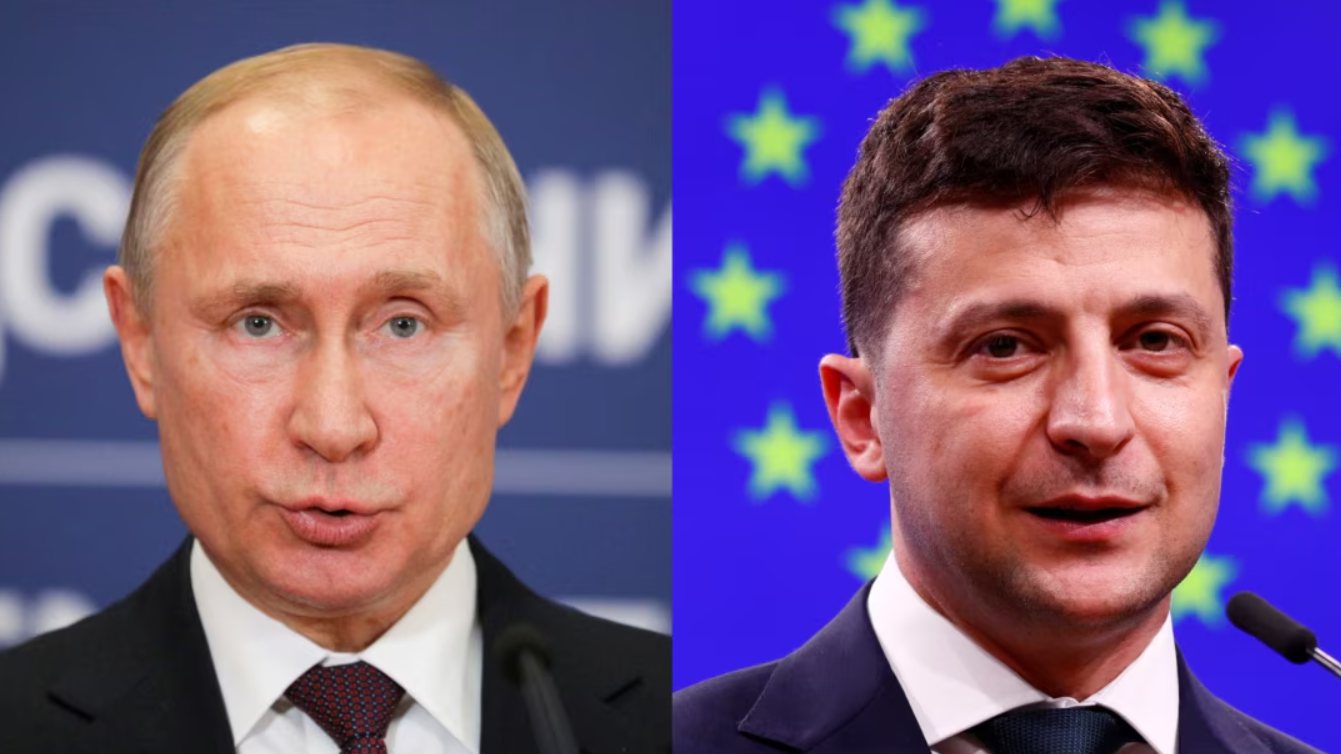A Reuters report mentioned that Russian President Vladimir Putin is willing to agree to a negotiated ceasefire in Ukraine that respects the current frontlines. This week, Putin signaled his openness to peace talks, but this move should be approached with caution due to Ukraine’s and the West’s previous experiences with Russian diplomacy.
On Friday, there was significant buzz about negotiations, despite Moscow launching a third invasion of Ukraine from north of Kharkiv this month. The Reuters report, based on information from four sources, suggested that Moscow is open to considering peace talks to freeze the current Russian occupation of about a fifth of Ukraine. Putin alluded to an aborted deal in Istanbul from 2022, which failed because of ongoing Russian aggression and the discovery of massacres around Kyiv.
The proposed ceasefire would fall short of Moscow’s aim to capture all of eastern Donetsk and contradict Kyiv’s position of not giving up any territory. The context of Putin’s remarks is important, as they came during a visit to Belarus’ President Alexander Lukashenko, amid joint nuclear drills between the two nations. This backdrop raises doubts about Russia’s true intentions.
Moreover, Putin questioned the legitimacy of Ukraine’s President Volodymyr Zelensky and hinted at the possible return of former Ukrainian President Viktor Yanukovich, a pro-Russian figure, fueling speculation about Moscow’s plans to install a puppet leader in Ukraine.
Despite Russia’s diplomatic gestures, history shows that Moscow uses peace talks as a strategic tool while continuing its military objectives. Ukraine’s Foreign Minister, Dmytro Kuleba, stated that Putin’s hints at peace talks are meant to undermine an upcoming peace summit in Switzerland and disrupt Western unity.
Putin’s peace signals also target Western governments and the ongoing American presidential campaign, suggesting a potential ceasefire could appeal to populist sentiments. The Reuters report gives hope to those in the West seeking an end to the war, but it should be approached with skepticism, considering Moscow’s history of using diplomacy as a guise for continued aggression.

